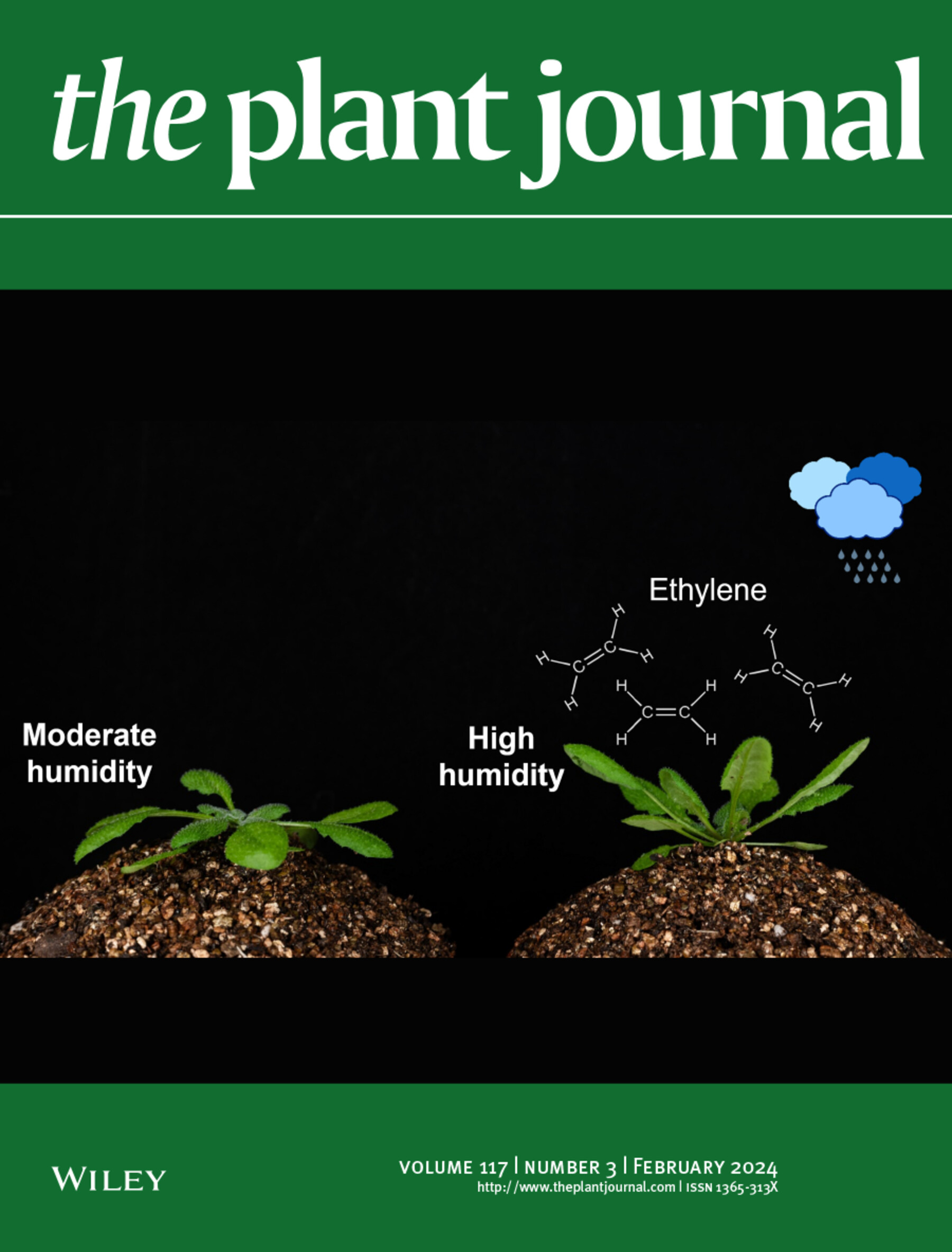Salicylic acid (SA) plays important roles in plant local and systemic resistance. Isochorismate synthase 1 (ICS1) is a key enzyme in SA synthesis. Pathogens infection triggered the ICS1 expression and induced SA production. However, the molecular regulation mechanism of ICS1 against virus infection remains unclear. Here, we employed molecular genetics and physiobiochemical approaches to confirm a transcription factor NbNAC1 from Nicotiana benthamiana is a positive regulator of resistance against tobacco mosaic virus (TMV). The pathways NbNAC1 and NbICS1 can be triggered by TMV infection. Silencing NbNAC1 accelerated TMV-induced oxidative damage and increased reactive oxygen species (ROS) production. It also weakened both local and systemic resistance against TMV and decreased the expression of NbICS1, SA signaling gene NbNPR1, and SA defense-related genes. The effects of NbNAC1-silencing were restored by overexpression of NbICS1 or foliar SA applications. Overexpressing NbNAC1 prevented oxidative damage and reduced the production of ROS, enhanced plant resistance against viral pathogen, and activated NbICS1 expression, and SA downstream signaling and defense-related genes. NbNAC1 localized in nuclear and emerged the ability of transcriptional regulation. ChIP and EMSA results indicated that NbNAC1 directly binds to a fragment containing GAAATT motif of NbICS1 promoter. Luciferase reporter assays confirmed that NbNAC1 activates NbICS1 expression. Taken together, our results demonstrate that NbNAC1 plays a critical role in plant immunity through activation of SA production.



